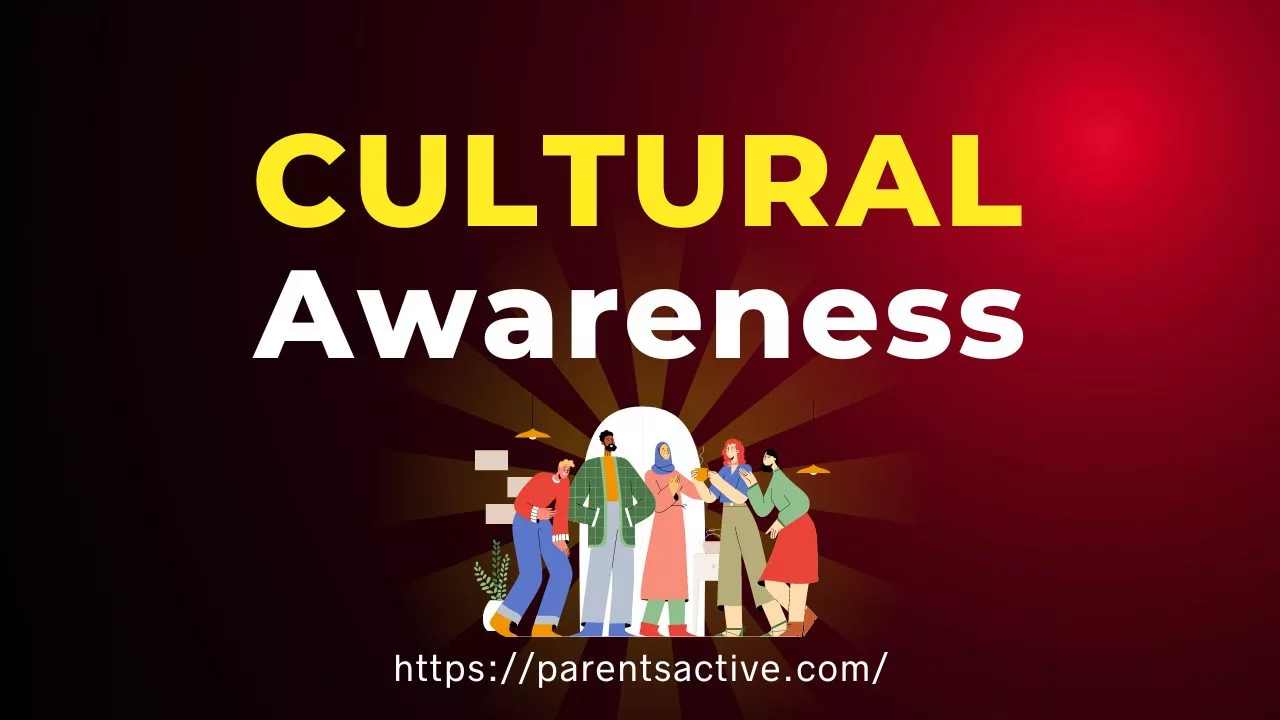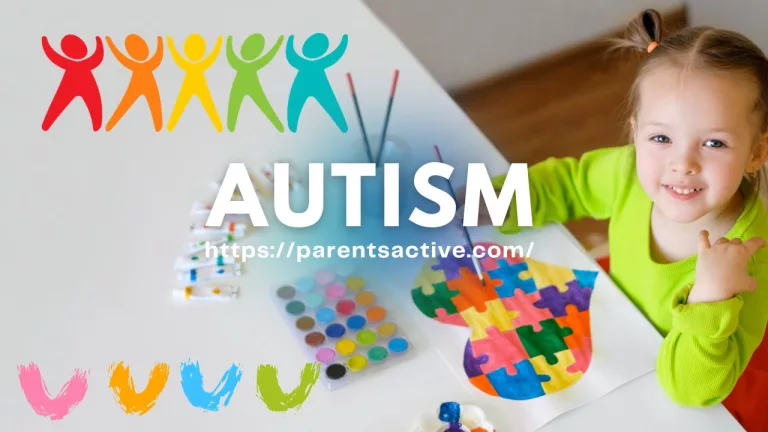Cultural Awareness Yourself and Peoples
What is cultural awareness? The words are respective communities, believes and lifestyles are referred by culture in a blue moon. Culture mindfulness is crucial plane of our interconnection and deep-sea diver global city. Culture involves the reform, appreciation of custom traditions that branded different cultures.
The definitive is to understand the goal of culture awareness difference between yourself and peoples from different back grounds with their qualities and values. Culture responsiveness to teach us about different cultures may helps us in terms of communications or cultural traditions.
It involves a unique social and contextual factor to a genuine effort that shape the beliefs and practices divers’ communities. It’s the best thing since slice bread to leaves a positive impact on every person’s role and responsibility.
It allows a better way to relationships and a willingness to learn about every community’s culture and also it extends a various aspects of human attractions like education, business, health care and every day social encounters.
Importance of Cultural Awareness
Awareness about culture is an important factor. As we navigate an increasingly interconnected world, the importance of cultural alertness becomes ever more evident.
It’s not a piece of cake, awareness is a crucial element in a building bridge between peoples, fostering a mutual respect, creating more harmonies global communities that succeed on the richness of its several cultural needlepoint. Here are some cultural factors are as given below:
- Promotes inclusivity: it helps break down barriered and ensure that everyone feels valued and respected.
- Strengthen global relationships: it facilitates cooperation and mutual understanding on international context and education.
- Enhance communication: it involves being aware of varying communication styles and expressions reducing the risk of misunderstand.
- Support cultural heritage preservation: it encourages the appreciation of tradition practices art and history contributing to the ongoing richness of global culture.
- Facilitate conflict resolution: it promotes dialogue and empathy helping to bridge gaps and find mutually acceptable solutions.
- Enriches personal growth: exposure to different ways of thinking, tradition and values individual to be more open and adaptable.
Address Cultural Sensitivity in Professions
Addressing cultural sensitivity in professions involves recognition understand the diverse culture of backgrounds of individuals within the context of specific profession. Here are key aspects of addressing cultural sensitivity professions:
| Aspects | Description |
| Cultural competence training | Professional undergo training to develop knowledge and skills for effective cultural interaction |
| Awareness of implicit bias | Addressing of personal bias assumptions that may impact interactions |
| Language access | Providing language support or translated material for effective communication. |
| Customize service delivery | Tailoring services to meets the cultural needs of clients or patients considering cultural preferences. |
| Respect for cultural practices | Demonstrating respect for cultural practices including religious observance dietary, restrictions etc. |
| Diversity in work place | Promoting diversity and welcoming environment from diverse back ground. |
| Continues learning | Engaging in ongoing learning to stay informed about cultural trends. |
Cultural Heritage
Heritage generally refers to the in tangible and intangible aspects of cultural history passed down from one generation to the next. Cultural heritage can be defined as a legacy of physical artifacts and intangible attributes of a group or society of a past.
The concept of heritage develops as a result of complex historical process. These values are recognized by different groups of people. Heritage is transmitted through language, literature or storytelling.
Cultural heritage is often expressed through traditional customs, ritual ceremonies that have been preserved and passed down through generations.
Pros and Cons of Cultural Awareness
Pros
- Global understanding
- Cross cultural communication
- Promotes inclusivity
- Business opportunities
- Conflict resolution
Cons
- Generalization and stereotyping
- Culture sensitivity challenge
- Time and resource intensive
- Resistance to change
- Cultural fatigue
Conclusion
Cultural awareness as stand as a cornerstone in fostering understanding, respect and harmony in our interconnected society globally. The cultivation of this awareness is merely a virtue, it is a practical necessity in a world where an intercultural interaction has become integral to personal professional and social success. Awareness a vital navigation tool.







